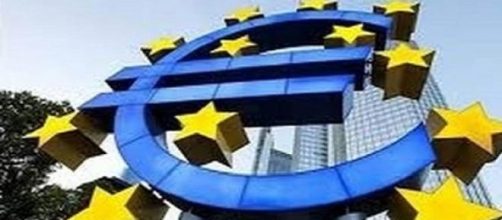European statistics agency Eurostat has said that the European economy saw a 0.9% rise in gross domestic product (GDP) in 2014. Figures for the last quarter alone showed that the economy has grown by an unexpected 0.3% in the last quarter of the year.
Earlier, Germany released figures that showed that its economy, which is the largest in the currency bloc, grew by 0.7% over the last three months of last year. The turnaround in Germany's economic performance was largely unexpected. In the third-quarter of 2014, its economy shrank by 0.1%. The Federal Statistical Office revealed that strong domestic demand helped the economy regain momentum in the fourth quarter, to secure an overall growth of 1.6% in the last year.
Christian Schulz, a Berenberg Bank economist, described the turnaround in the performance of Germany's economy as "a thunderbolt" that happened much earlier than expected. He suggested that a weaker euro exchange rate, cheaper oil and government bond buying by the European Central Bank were the main reasons why the bloc's economy showed such an unexpected improvement towards the end of the year.
He predicted that the first half of the new year may be slightly subdued because of the risk of a possible Greece default on its loans, following the recent election victory of an anti-austerity Prime Minister in the country. However, he said Germany would still enjoy 2% growth rate next year.
France was not able to produce results as impressive as those of Germany, with its economy growing a mere 0.1% during the same period. France's overall growth in 2014 was just 0.4%. After a troubled few years in the whole region and particularly in France, the country's finance minister Michel Sapin acknowledged that "It's obviously still too weak," but went on to say that "conditions are ripe to permit a cleaner start of activity in 2015".
From the 19 states that make up the eurozone, only three economies contracted in the last quarter of last year. These states were Finland, Greece and Cyprus. It is worth noting that Greece, which experienced a 0.2 contraction during that period, enjoyed growth for each of the first three quarters of 2014.
© ALL RIGHTS RESERVED

